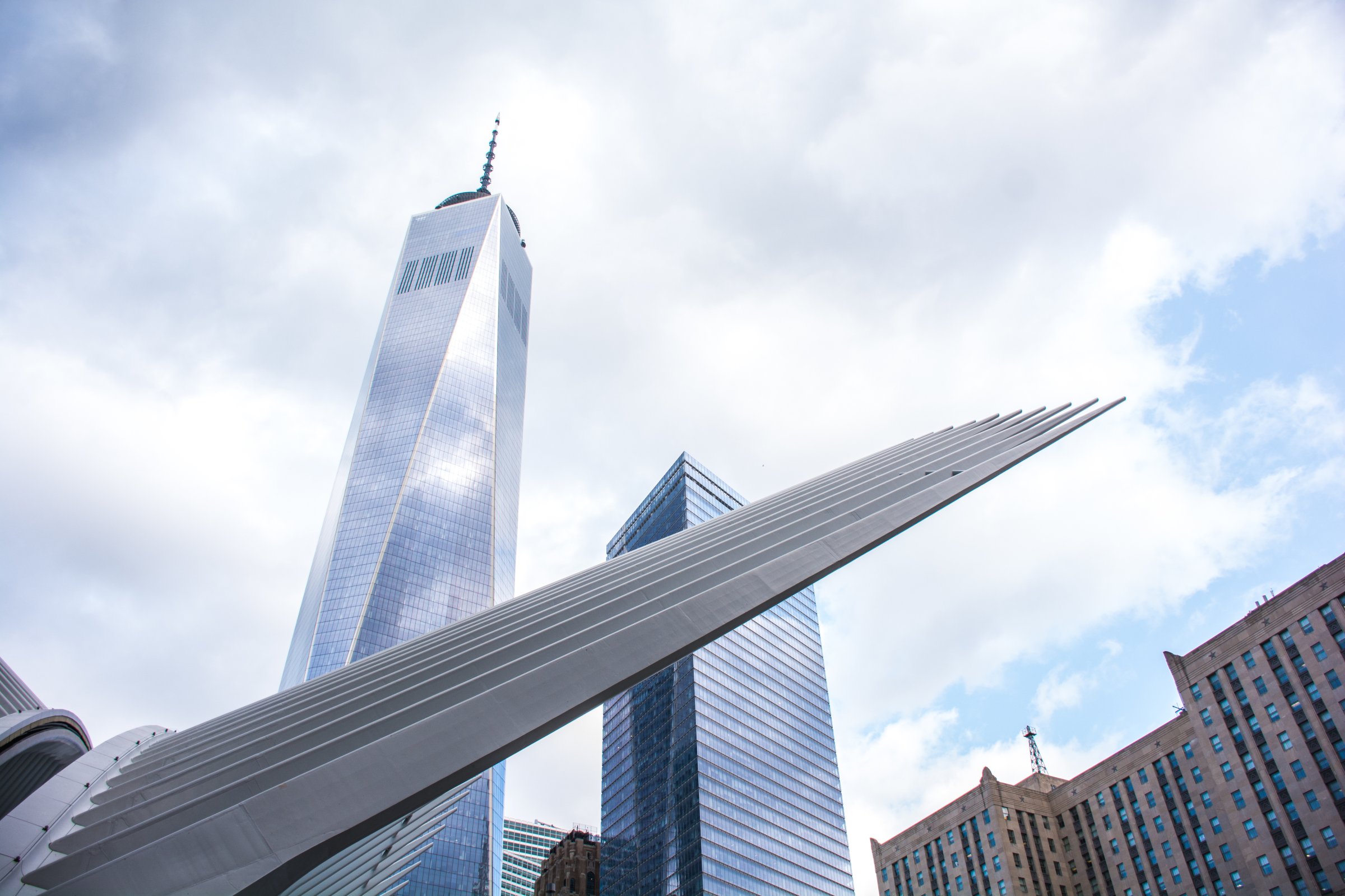
A frightening, yet isolated incident in New York City this week underscores a growing trend that I’m concerned will continue to have a lasting negative impact on the American psyche when it comes to coping with the threat of terrorism.
A man wielding a large cleaver not far from Penn Station slashed a detective in the head before being shot by police. It surely was a scary situation for anyone on that city block. Thankfully the officer is expected to survive. You would assume such an incident would be well covered by local media outlets in New York. And it was. But in this post-9/11 age—with concerns about ISIS-inspired lone-wolf attackers—an incident that would historically be considered only local news was the lead story on multiple national newscasts.
“This most recent incident, once again, triggers fears of lone-wolf attackers,” said one national television reporter, who then interviewed a crime analyst who asked whether this attacker may have been inspired or motivated by others. It is certainly reasonable to ask those questions. But let’s assume a terrorist did inspire the attacker. Does it change the result? For the officer in the hospital, does it really matter whether the man with the cleaver had a mental illness, was angry with law enforcement, read an article about radical Islam or none of the above? The breathlessness of the coverage—coverage that up until 15 years ago would have likely not extended beyond newscasts and newspapers in New York—is ratcheting up anxiety levels that is not healthy for our nation.
It turns out I made headlines the other day when I warned against “hyperventilation” over terrorist attacks. I had been invited to join a panel discussion with Secretary Jeh Johnson, one of my successors at the Department of Homeland Security. We were asked if we can expect another attack this year and how many. I think my answer surprised some in the audience. I said what I really think the country needs to do is accept the reality that terrorism is a global scourge and accept the reality that it will probably happen again. I’m not trying to say that the pain or suffering of a terrorist attack isn’t significant or isn’t real. As someone who has had the honor of being in the company of many of the Flight 93 families, I know it’s all too real and painful. But I want Americans to dial down some of the hyperbole and the hyperventilation. And our friends in the media can help.
The cleaver attack in New York is a perfect example. Every day across our country there are evildoers who attack innocent people. More than 500 people have been murdered so far this year in Chicago alone. These are not ISIS-inspired attacks. Social issues such as poverty, education, gang warfare and drug abuse are fueling these crimes. The media devotes coverage to deaths caused by terror attacks disproportionate to urban gun violence and even fatalities on our highways. By the end of this year, more than 40,000 Americans will likely die in car crashes. The number of Americans killed in 2016 by an ISIS-inspired terrorist attack is miniscule in comparison. More and more of what should be treated as local news is now national, or even international, news. Terrorism is often assumed as a motivator with accompanying graphics and music to play up the fear.
What’s missing is context. And without context, I fear that the American psyche—built over nearly 250 years on resilience and determination and resolve—stands to suffer. I worry that Americans, in the wake of real attacks such as in San Bernardino, combined with news reporting that inserts the specter of terrorism into the coverage of traditional violent crime in which terrorism is not a factor, will begin to shy away from the things that make our democracy great—travel, visiting public spaces and attending large events.
Perhaps no country has had to deal with the threat of terrorism more than our friends in Israel. In the wake of the recent Paris attacks, Israeli-American psychologist Alon Gratch wrote a powerful essay about how Israeli’s have learned how to expose themselves to the things that make them most anxious. “Avoiding public transportation, concert halls and shopping malls only exacerbates your anxiety, and factually speaking, it does not make you safer,” Gratch writes. He explains that the goal is not to eliminate anxiety but rather to reduce it to a tolerable level as some anxiety is essential for self-protection.
My hope is that all Americans will not be breathless about future threats, or the inevitable future attack, but instead continue to maintain proper vigilance and enjoy all that democracy offers. Let’s work together to make our nation safer, not only from the specter of terror but from all violent crimes and needless loss of life.
More Must-Reads from TIME
- Donald Trump Is TIME's 2024 Person of the Year
- Why We Chose Trump as Person of the Year
- Is Intermittent Fasting Good or Bad for You?
- The 100 Must-Read Books of 2024
- The 20 Best Christmas TV Episodes
- Column: If Optimism Feels Ridiculous Now, Try Hope
- The Future of Climate Action Is Trade Policy
- Merle Bombardieri Is Helping People Make the Baby Decision
Contact us at letters@time.com